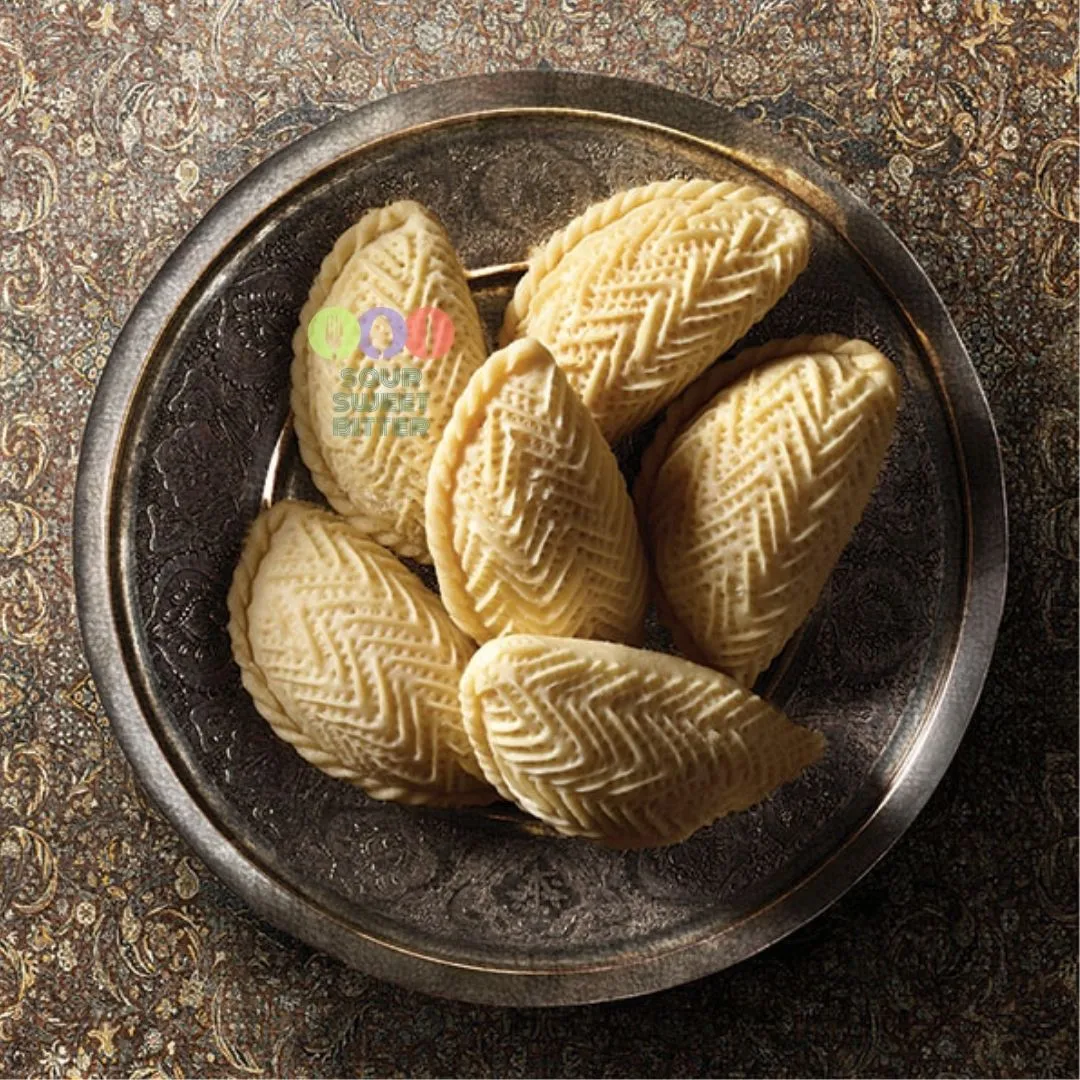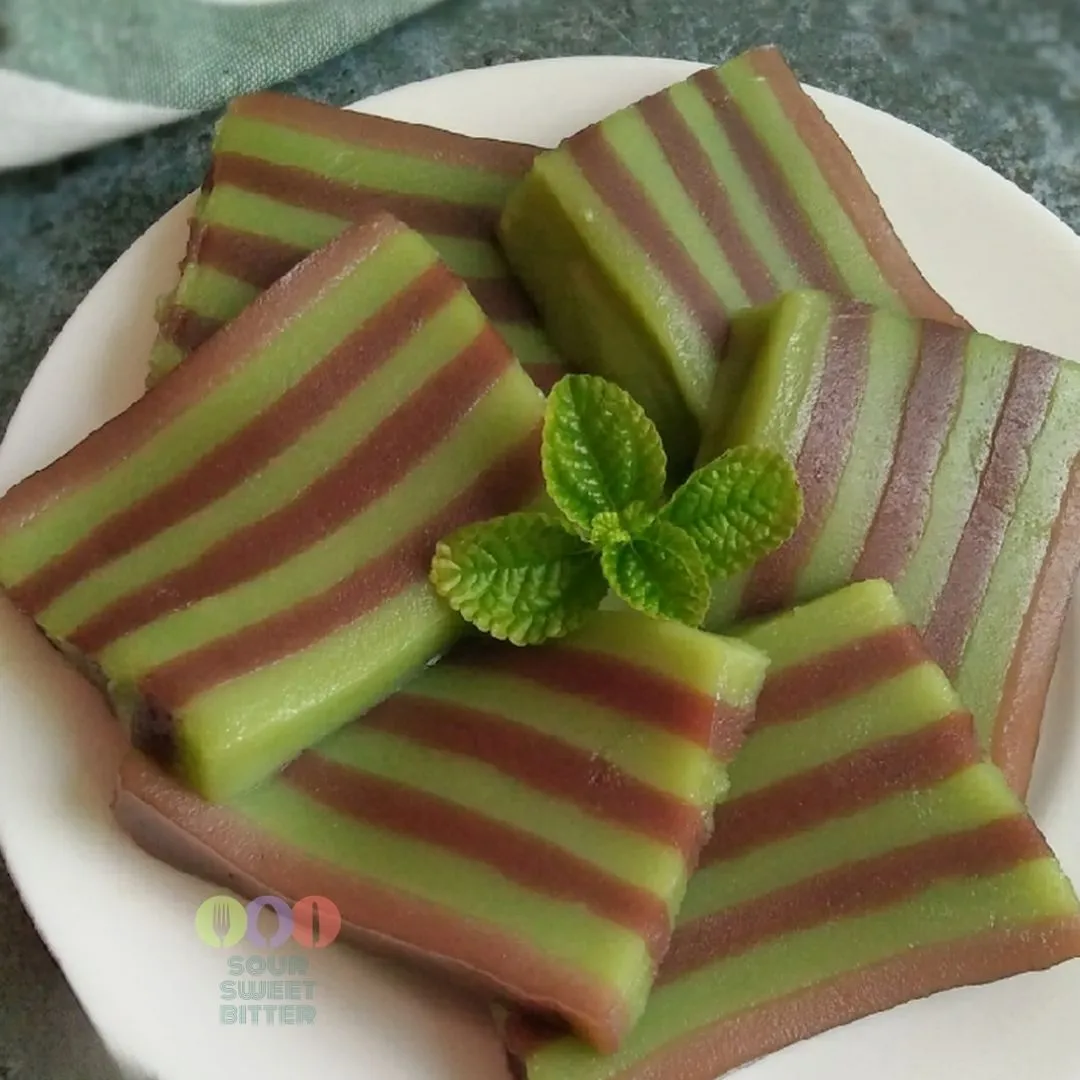Wali wa Nazi: Kenya’s Delicious Coconut Rice
A Beloved Coastal Dish
Wali wa Nazi, or coconut rice, is a cherished dish from Kenya’s coastal region. Known for its creamy texture and rich coconut flavor, this traditional dish reflects the cultural and culinary influences of the Swahili people. You’ll find Wali wa Nazi at celebrations, family meals, and communal gatherings, embodying the warmth and hospitality of Kenyan culture.
A Blend of Cultures
The history of Wali wa Nazi is deeply connected to Kenya’s coastal history and its interaction with Indian Ocean trade routes. The Swahili coast, where Arab, Indian, and African cultures converged, played a significant role in shaping the region’s cuisine. Coconut, a key ingredient in Wali wa Nazi, became a culinary cornerstone due to its abundance and versatility in tropical climates.
For generations, this dish has accompanied stews, grilled fish, and other Swahili delicacies. Over time, it has become a symbol of unity and cultural pride, representing the fusion of traditions that define Kenya’s coastal communities.
Bringing People Together
In Kenyan culture, food is a way to connect with others, and Wali wa Nazi is no exception. Its creamy, aromatic flavor makes it a perfect side dish for richly spiced meals like chicken curry or beef stew. During weddings, festivals, and special occasions, it often graces the dining table, symbolizing abundance and joy.
Preparing this dish is a labor of love. Traditionally, families grate and squeeze fresh coconuts to extract the milk, which they then use to cook the rice. This hands-on process is often a communal activity, bringing families and friends together in anticipation of a shared meal.
What Makes It Special
The defining feature of Wali wa Nazi is its use of coconut milk, which gives the rice a silky texture and subtly sweet flavor. Unlike plain steamed rice, this version is cooked with a combination of water and freshly extracted coconut milk. This method creates a dish rich in flavor and heritage.
The simplicity of the recipe allows it to pair beautifully with a variety of dishes, from savory curries to grilled seafood. Its adaptability has also made it a favorite among Kenyans living abroad, offering a comforting taste of home wherever it is served.
Modern Twist
Today, Wali wa Nazi remains a beloved part of Kenyan cuisine. Although modern conveniences like canned coconut milk have simplified its preparation, the dish’s essence remains unchanged. It continues to be a staple in Swahili households and a popular offering at coastal restaurants.
As Kenyan cuisine gains recognition on the global stage, this dish has found a place in international kitchens. Chefs and food enthusiasts appreciate its unique flavor and the cultural story it tells. For anyone exploring Kenyan food, coconut rice offers a delicious introduction to the country’s coastal culinary traditions.
Discover Traditional Kenyan Recipes Discover Traditional Recipes from Africa You may like this also: Ivorian Acheke (Attieke)
Kenyan Wali Wa Nazi
Instruction
Wali wa Nazi is a traditional East African dish, particularly popular in Kenya and Tanzania, made with rice cooked in creamy coconut milk. This aromatic rice dish, known for its rich and subtle coconut flavor, is a staple in Swahili cuisine and is often served as a side dish with a variety of curries, grilled meats, or vegetables. Wali wa Nazi offers a delicious and unique twist on plain rice, making it a perfect addition to any meal, whether it's a festive celebration or a simple family dinner. Enjoy the comforting taste of this easy-to-make dish that brings a taste of East Africa to your table.
Ingredients
Instructions
Prepare the Rice:
-
Rinse the Basmati rice under cold water until the water runs clear. This helps remove excess starch.
Cook the Onion and Garlic:
-
In a large pot, heat the vegetable oil over medium heat.
-
Add the finely chopped onion and sauté until it becomes translucent.
-
Add the minced garlic and cook for another minute until fragrant.
Cook the Rice:
-
Add the rinsed rice to the pot and stir to coat the rice with the oil, onion, and garlic mixture.
-
Pour in the coconut milk and water. Add salt to taste.
-
Stir well and bring the mixture to a boil.
Simmer the Rice:
-
Once it reaches a boil, reduce the heat to low, cover the pot, and let it simmer for about 15-20 minutes or until the rice is fully cooked and has absorbed all the liquid.
-
Check occasionally to ensure it’s not sticking to the bottom of the pot. If needed, add a little more water.
Fluff and Serve:
-
Once the rice is cooked, remove it from the heat and let it sit, covered, for an additional 5 minutes.
-
Fluff the rice with a fork before serving. Karibu Chakula!
Note
- Wali wa Nazi pairs well with Kenyan dishes like chicken curry, beef stew, or vegetable curry.
- Garnish with fresh cilantro or toasted coconut flakes for added flavor and presentation.














